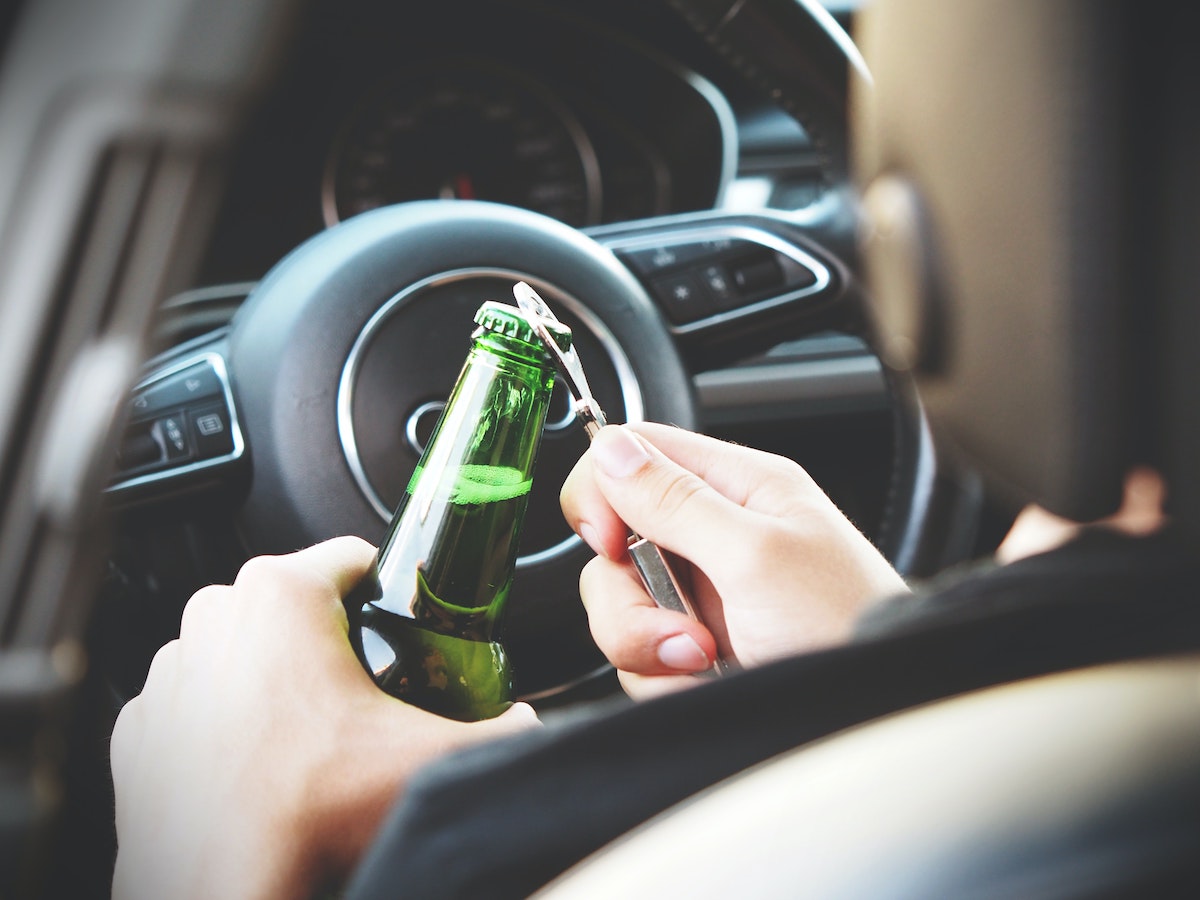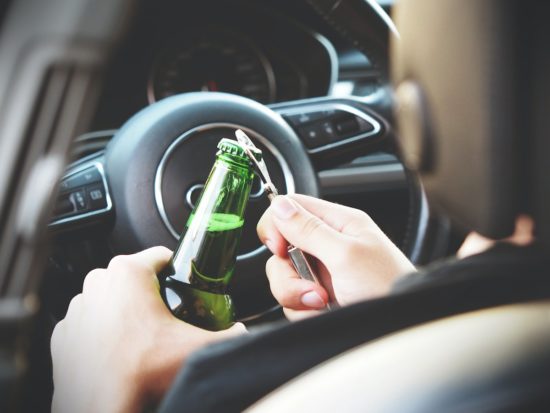DUI — driving under the influence is a serious crime, but getting arrested for DUI for the very first time may not faze a lot of people — it’s a first-time offence, and the law can be easy on first-time offenders. While most states will categorize first-time DUI’s like a misdemeanor, the consequences – short-term and long-term, is a serious crime. If at all you get arrested for a DUI, you will need to fully understand not just the consequences that come with a DUI conviction, but if it could be a possible long-term impact on your life as well.
More so, If you’re ever arrested for drunk driving in any state in the United States, just think of fines, court appearances, and fees as just the beginning. A DUI can take a toll on your life – job, relationships, social life, and mental health.
What Is DUI?
DUI is called “drunk driving,” it refers to operating or driving a vehicle while one’s blood alcohol content is above the legal limit, at this level a person can’t drive safely. However, if you wish to learn more about driving under the influence or DUI, you can read more and get a better understanding of what consequences it might bring. State statutes might vary as to what that the legal limit of alcohol level is, but it typically ranges from .08 to .10. When you drive on private property like a parking lot; it’s no defence, but sitting in a non-moving vehicle without the ignition on probably is a defence – sometimes resulting in a charge. This is a misdemeanor and is referred to as DUI while driving while intoxicated is referred as DWI.
What to Expect When Arrested for DUI
It’s normal for people to feel depressed and anxious after a first-time DUI. As a first-time DUI offender. You may also struggle with lots of emotions, including anger, sadness, guilt, and shame.
Here are the things that will happen when you’re arrested for DUI for the first time:
Being Arrested
If you are arrested on the suspicion of drunk driving, you’ll be kept in a police vehicle and taken to the nearest police station where you’ll be fingerprinted and photographed. In some states if someone comes to pay your bail and drives you home, you may be released. However, jail terms have become mandatory in a growing number of states, even for first-time DUI offenders. First-time offender jail terms are only one or two days which can be served on weekends, and it has its consequences which can include mental health.
In most states for repeat offenders, jail is mandatory and the terms are longer than just a day or two. More so, if there are aggravating circumstances linked with your DUI case, the penalties can be increased.
Appearing in Court
When you’re arrested for DUI, you will be given a ticket that tells you the date that you have to appear in court to face your DUI charges. In court nowadays, if you deny the charges and plead not guilty then try to fight the case, everyone else in the courtroom can see a video of you failing the field sobriety test taken from the officer’s dashboard camera then in turn taken to jail where you were processed.
You Might Lose Your Driver’s license
In all states, even if it’s your first-time conviction, your sentence can include the loss of driving privileges for a short time. Even if your state offers a hardship license that allows you to drive to work or school as at the time your license is revoked, your driving privileges will be drastically curtailed.
You Could Pay For Auto Insurance
If you get a drunk driving conviction – in most states, you’ll have to get a personal insurance policy, which is known as SR-22 insurance, before you can drive a vehicle. The fee of SR-22 insurance, in some states where it’s required, can double or even more triple your premiums.
You Can Pay Fines
If you are convicted for DUI, part of your sentence will surely include you paying a fine. All states have laws setting minimum and maximum fines for drunk driving, but penalties can be increased depending on the circumstances.
An example is if a property was damaged, a child was endangered, someone was injured.
As a result of your drunk driving, the fines can be increased. In most states, you’ll also have to pay the court costs linked with your case.
Finally, if you are not sentenced to any jail time for a DUI conviction, you may be given a probation sentence, the terms can be determined by the sentencing judge.
Photo by energepiccom from Pexels.
Summary Article NameWhat to Expect If You Are Arrested for DUIDescriptionIf you are convicted for DUI, part of your sentence will surely include paying a fine and may include jail time.
Article NameWhat to Expect If You Are Arrested for DUIDescriptionIf you are convicted for DUI, part of your sentence will surely include paying a fine and may include jail time.




Speak Your Mind